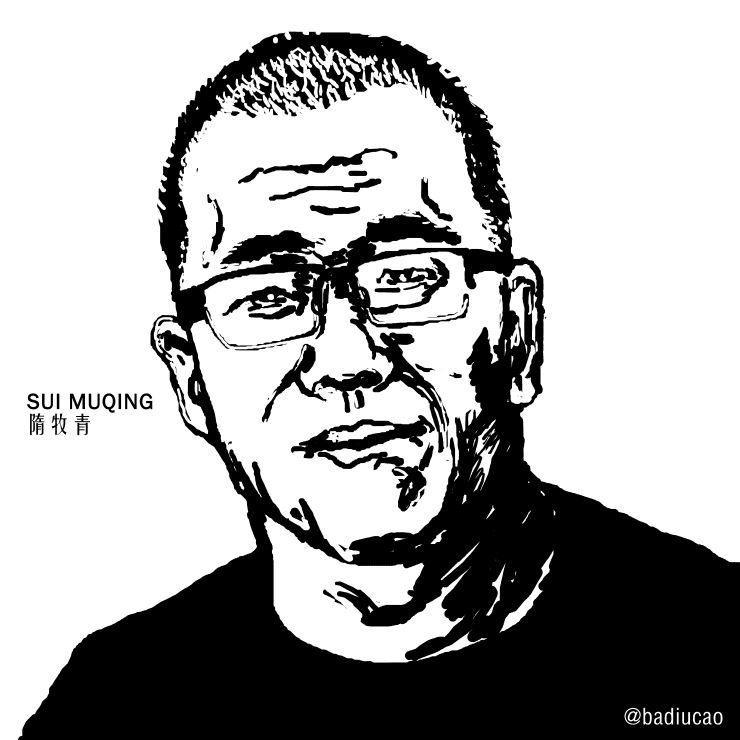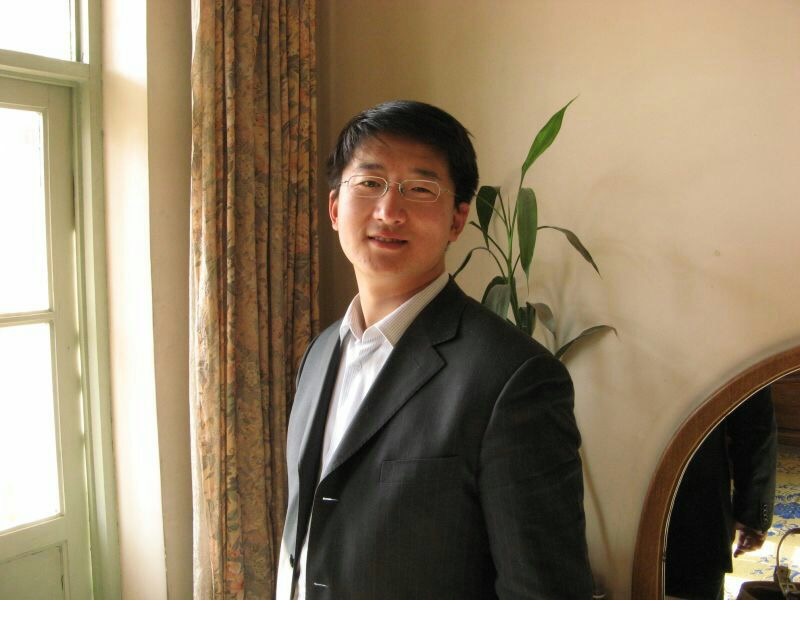By William Nee, China researcher at Amnesty International.
On the night of Friday, July 10, Sui Muqing, a well-known human rights lawyer from Guangzhou was resting at home when his door buzzer rang. Over the intercom, a police officer told him his car had been involved in an accident and asked him to come out. Sui Muqing was suspicious but ultimately went downstairs and police whisked him away. He has not been seen since, due to a new form of secret detention known as “residential surveillance”, which the Chinese authorities are increasingly using to clamp down on critics.
Sui Muqing is just one victim in an unprecedented crackdown against lawyers and activists – which has become known as “Black Friday”. As of September 22, a total of 245 lawyers and activists have been targeted and 30 remain in police custody.

The government has paraded detained lawyers on state-run TV to make forced “confessions”, accused some of them of having been part of a “major criminal gang”, intimidated and harassed their family members, and censored almost all news related to this crackdown on social media.
Rounding up human rights lawyers and critics and putting them in secret detention is nothing new in China. What is, is that the Chinese government has now made it “legal”.
“Residential surveillance in a designated place”, as the name of the provision in the Criminal Procedure Law is called, allows the police to hold criminal suspects for up to six months outside of the formal detention system – anything from an apartment to a hotel room or a private building. The suspects are denied legal counsel and any family visits. The police are supposed to notify family members within 24 hours of imposing the measure, but not of their loved-ones whereabouts.
Families are haunted by this uncertainty. The wife of detained lawyer Wang Quanzhang’s recently said in an open letter that every time her toddler hears his father’s name, he says to her, “I want to go find Daddy…”.
Sui Muqing is one of seven lawyers and five activists being held under “residential surveillance in a designated place” on suspicion of “endangering state security” in the ongoing crackdown.
Provincial authorities are also discovering the advantages of this procedure to remove critics. In Zhejiang province – where the provincial government is waging a campaign to demolish Christian churches and tear down crosses and crucifixes – a prominent lawyer who was providing legal services to affected churches, Zhang Kai, and one of his assistants are being held under “residential surveillance”.

The biggest concern about secret detention is the risk of torture. It is impossible to know what condition Sui Muqing or Zhang Kai are in but the prognosis is not good. Past cases show that a combination of over-zealous interrogators, no access to lawyers or family members, and no accountability or oversight of police conduct are a toxic recipe for torture and other forms of ill-treatment.
Back in 2011, human rights lawyer Liu Shihui was put under “residential surveillance” for 108 days, and at one point was questioned non-stop for five days until he collapsed from exhaustion. Another lawyer, Li Tiantian, was detained for 95 days, during which she was repeatedly asked about details of her sexual relationships and threatened with violence if she did not answer truthfully. When writer Ye Du was placed under “residential surveillance”, he was interrogated for 22 hours a day, with only two hours break to eat and sleep.
How can secret detention, with the proven risk of mistreatment, continue to happen in a country that the authorities claim is governed by the rule of law?
China’s Criminal Procedure Law, which was revised in 2012 and took effect in 2013, sought to legalize this human rights violation. “Residential surveillance” was originally devised as a more lenient form of detention that would enable suspected criminals who did not pose a threat to society to live at their own home during the investigation phase. Police took advantage of this measure in a way that was never intended, and now they can use this form of secret detention to hold people accused of crimes of “terrorism”, “endangering state security”, or “major bribery”.
First, putting suspects under secret detention helps get confessions. Police can subject isolated individuals to prolonged interrogations in order to “break” them and get the incriminating testimony they want.
Second, “residential surveillance in a designated place”is a convenient way for the authorities to carry out their political goals. The use of this form of detention may be a scare tactic to bring China’s lawyers and activists into submission. For the victims, it is a form of punishment in and of itself, regardless of whether the cases ever go to trial.
Similarly, in the case of Zhang Kai, the use of this secret detention allows the government to take a lawyer who was providing organized legal resistance to the campaign against cross demolitions “off the map” for six months at least.

This November, China will be reviewed by the UN Committee against Torture – the body that monitors how governments are implementing the Convention against Torture, a global treaty that China has ratified. China has an obligation under international law to prevent, investigate and prosecute torture and other ill-treatment, and to provide reparation. It cannot use the threat of “terrorism”, “endangering state security”, or any other justification to abandon its obligations.
Under international law, all persons held in custody have the right to be kept in a recognizable place of detention and have effective access to family members and lawyers.
If China is at all serious about its human rights obligations, it will do away with any form of secret detention, including “residential surveillance” – a practice that in many cases amounts to enforced disappearances. This system does not comply with international law, and all people detained under it must be immediately released.
There must be no more knocks on the door from police in which people like Sui Muqing disappear for months on end, are at great risk of torture, while their families are kept in the dark.
